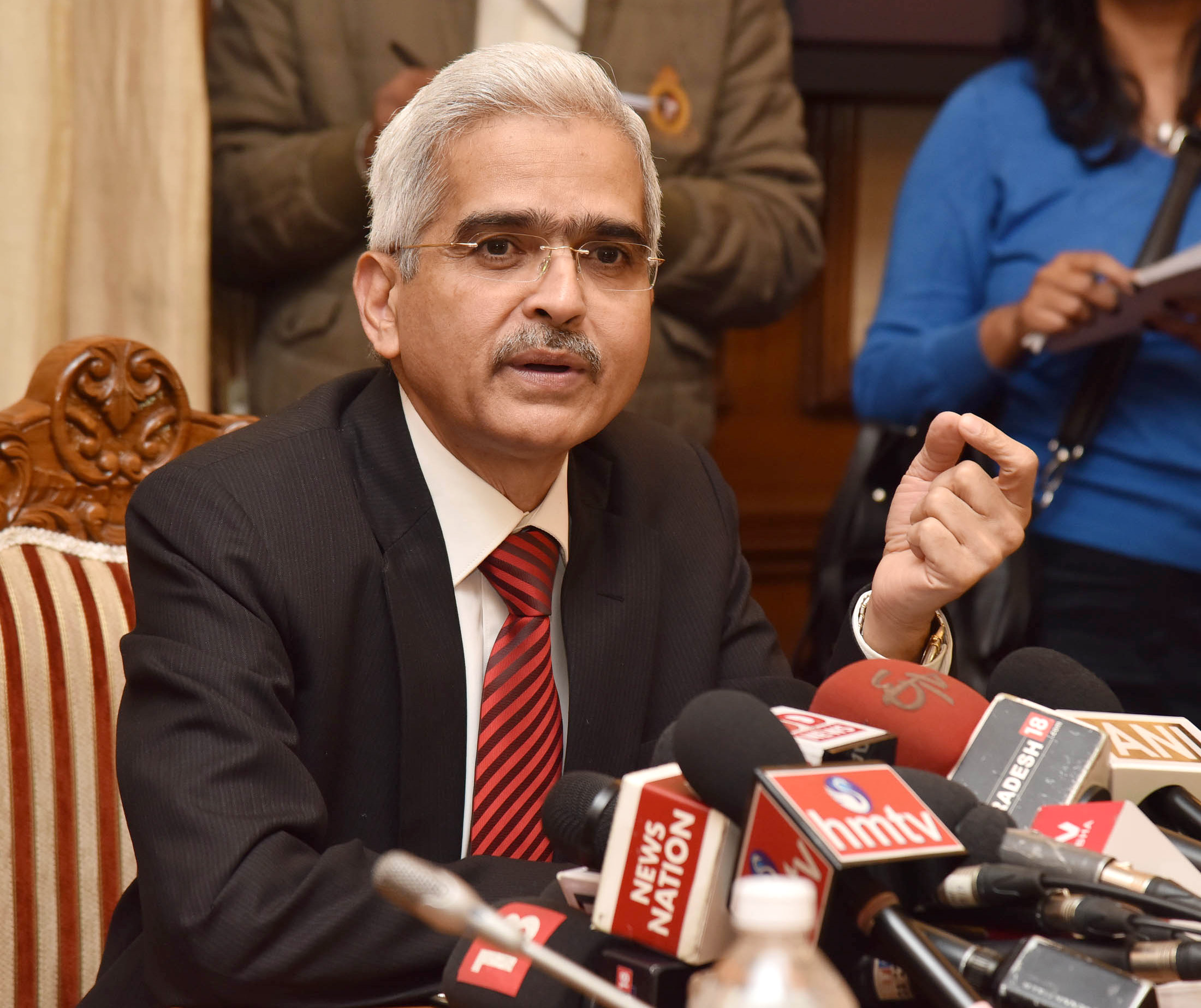
Stretched valuations of financial assets a risk to financial stability: RBI
Reserve Bank of India (RBI) Governor Shaktikanta Das has expressed concern over the impact of COVID-19 on banks’ balance sheets, especially after regulatory reliefs are taken back.

Reserve Bank of India (RBI) Governor Shaktikanta Das has expressed concern over the impact of COVID-19 on banks’ balance sheets, especially after regulatory reliefs are taken back.
In his foreword to the bi-annual Financial Stability Report released on Monday (January 11), Das said the apex bank’s first priority is to keep the banking sector healthy and running. He urged the lending banks to innovate and change business models, besides looking for new ways to raise capital and ease financial stress on banks.
The RBI governor admitted that the government’s increased market borrowing after the COVID pandemic has put additional pressures on banks.
Stretched valuations of financial assets pose risks to financial stability; banks, financial intermediaries need to be cognisant of it, Das said in his foreword.
“We’ve been scarred by the pandemic, the task ahead is to restore economic growth and livelihood,” the governor wrote.
Also read: RBI sets Twitter record, first global monetary authority with 1m followers
The RBI Financial Stability Report shows that gross non-performing assets (GNPA) of banks may rise to 13.5 per cent by September 2021 from 7.5 per cent a year ago under the baseline scenario.
If the macroeconomic environment worsens into a severe stress scenario, the GNPA ratio may escalate to 14.8 per cent, the report said.
“The stress tests indicate that the GNPA ratio of all scheduled commercial banks (SCBs) may increase from 7.5 per cent in September 2020 to 13.5 per cent by September 2021 under the baseline scenario,” the FSR report added.
Also read: Hyderabad cops dig out online money-lending scam, freeze 75 bank accounts
Among the bank groups, public sector banks (PSBs) GNPA ratio of 9.7 per cent in September 2020 may rise to 16.2 per cent by September 2021 under the baseline scenario, it noted. The gross non-performing asset (GNPA) ratio of private sector banks (PVBs) and foreign banks (FBs) may increase from 4.6 per cent and 2.5 per cent to 7.9 per cent and 5.4 per cent, respectively, over the same period.
In the severe stress scenario, the GNPA ratios of PSBs, PVBs and FBs may rise to 17.6 per cent, 8.8 per cent and 6.5 per cent, respectively, by September 2021, the report said. “These GNPA projections are indicative of the possible economic impairment latent in banks portfolios, with implications for capital planning,” it added.

